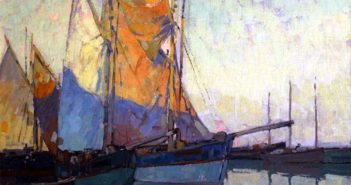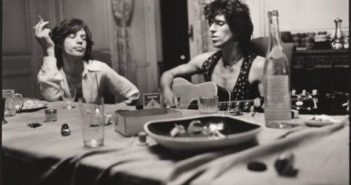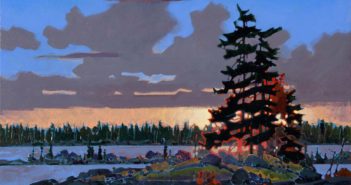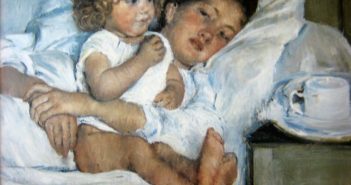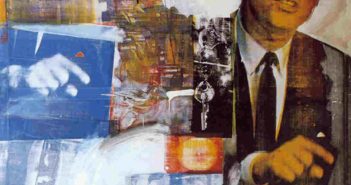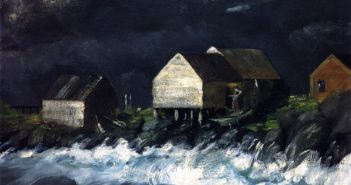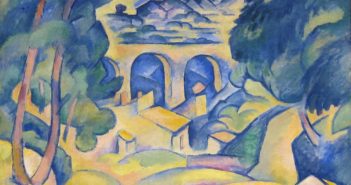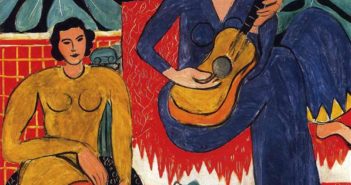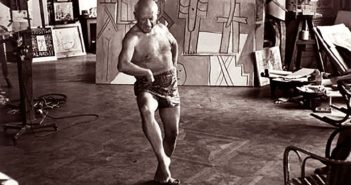
Longevity
Physicians are at odds regarding the possible dangers to the still-forming skeletons of young gymnasts. Until 1981, the minimum age to compete in senior events — including the Olympics — was 14. By 1997 the requirement had been raised to 16, with experts arguing that intense practice at the elite level was too hard on developing bodies, causing hormonal imbalance and putting unsustainable strain on prepubescent bones. Other studies, however, have suggested that younger gymnasts may have a physical and psychological advantage over their elders.

